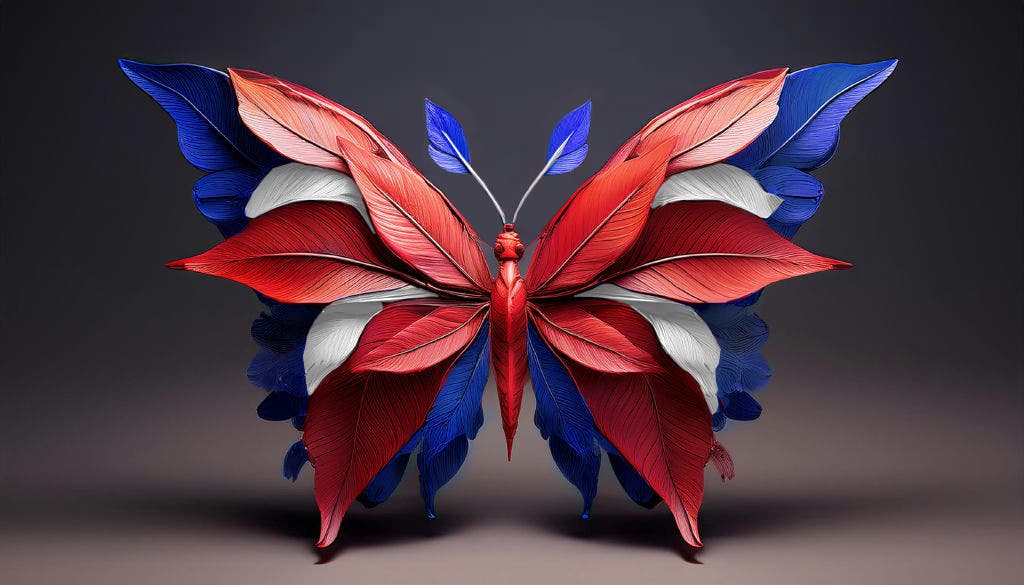UK Creativity's AI Future: Protecting Creators
The UK's creative industries, a powerhouse of global innovation, are facing a transformative period. Artificial intelligence (AI) presents both immense opportunities and significant challenges, particularly concerning the rights and livelihoods of creators. This article delves into the complex interplay between AI and creativity in the UK, exploring the crucial need for robust protection mechanisms for artists, musicians, writers, and designers.
The Double-Edged Sword of AI
AI tools are rapidly becoming indispensable for creative professionals. From AI-powered image generation software like Midjourney and Stable Diffusion to music composition tools and scriptwriting assistants, AI offers increased efficiency and novel creative avenues. This technological advancement can boost productivity and unlock new levels of artistic expression.
However, this progress comes with concerns:
- Copyright Infringement: AI models are trained on vast datasets of existing copyrighted material. This raises questions about the ownership of AI-generated works and the potential for unintentional or deliberate copyright infringement. Are creators entitled to compensation when their work is used to train AI models?
- Job Displacement: The automation potential of AI raises anxieties about job displacement within the creative industries. While AI may augment human creativity, it also poses a threat to traditional roles.
- Authenticity and Originality: The ease with which AI can generate content raises concerns about the authenticity and originality of creative works. How do we distinguish between human-generated art and AI-generated art? Will AI devalue human creativity?
- Bias and Representation: AI models reflect the biases present in the data they are trained on. This can lead to the perpetuation of harmful stereotypes and underrepresentation within AI-generated content.
Government Initiatives and Industry Responses
Recognizing these challenges, the UK government is taking steps to address the ethical and legal implications of AI in the creative industries. This includes:
- Investing in research and development: Funding initiatives focused on understanding the impact of AI on creativity and developing ethical guidelines.
- Promoting dialogue and collaboration: Fostering discussions between policymakers, AI developers, and creative professionals to find solutions.
- Exploring legal frameworks: Investigating potential legal reforms to protect creators' rights in the age of AI.
Several industry bodies are also actively involved in shaping the future of AI and creativity, advocating for:
- Fair compensation for creators: Developing models for compensating artists whose work contributes to training AI models.
- Transparency and accountability: Promoting transparency in the development and use of AI tools.
- Ethical guidelines for AI development: Establishing clear ethical principles to guide the development and deployment of AI in creative contexts.
The Path Forward: Protecting UK Creativity
Protecting the UK's creative industries in the age of AI requires a multi-faceted approach. It necessitates a collaborative effort between the government, industry stakeholders, and creative professionals themselves. Key priorities include:
- Strengthening copyright laws: Updating legislation to address the unique challenges posed by AI-generated content.
- Investing in AI literacy: Equipping creative professionals with the knowledge and skills needed to navigate the AI landscape.
- Promoting ethical AI development: Encouraging the development of AI tools that respect creators' rights and promote ethical practices.
- Supporting creative adaptation: Helping artists and designers adapt their skills and practices to integrate AI effectively.
The future of UK creativity hinges on navigating the complexities of AI responsibly. By proactively addressing the challenges and fostering a collaborative environment, the UK can ensure that AI enhances, rather than undermines, its vibrant creative ecosystem. The discussion is ongoing, and continued engagement from all stakeholders is crucial in shaping a future that protects both innovation and the rights of creators.
Call to Action: Stay informed about developments in AI legislation and ethical guidelines. Participate in industry discussions and advocate for policies that support creators.

